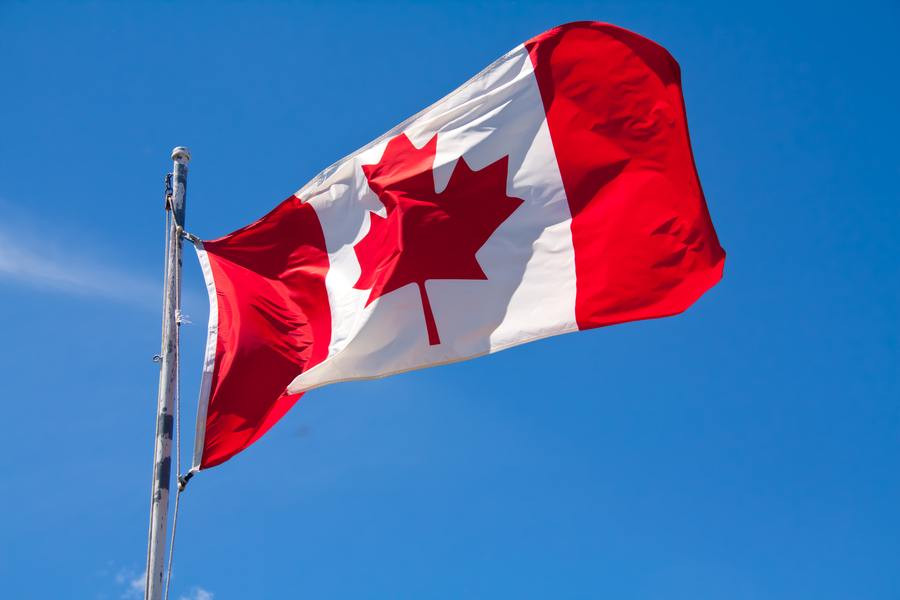Last Updated on October 24, 2023 by Steve Randall
A typical household in Toronto would need to spend 72 per cent of their income on an average priced house.
The staggering statistic is highlighted in a new report from RBC which says affordability worsened in the first quarter of 2017 to its lowest point ever and brings the GTA close to surpassing Vancouver for low affordability.
The national index was at 45.9 per cent, the second highest level since 1990, driven by the Toronto surge and moderate increases in some other regions.
“Only once since 1990 have Canadian households had to spend this much on ownership costs, clearly underscoring the degree to which rapidly rising prices have squeezed housing affordability over the past year,” said Craig Wright, senior vice-president and chief economist, RBC.
Vancouver remains the most unaffordable market in Canada with an affordability index of 79.7 per cent but that has eased from 80.9 per cent in the previous quarter.
Outside of BC and Ontario, most markets are stable or showing only moderate rises while the Prairies are showing some improvement in affordability. The regional data is available here.
The sharp decline in affordability in Toronto will be closely monitored to assess the impact of the Ontario Fair Housing Plan, but that is likely to take some time.
“Toronto’s housing market completely let go of any semblance of rationality in the first quarter,” said Craig Wright, senior vice-president and chief economist, RBC. “We see Ontario’s Fair Housing Plan as a way to bring some sanity back to the GTA housing market, although the impact on affordability may take up to two or three quarters to be felt and may last only for a period of time.”
Steve Randall has more than three decades of media experience encompassing online, newspapers, magazines, radio, and podcasts. He focuses on insights and news for professionals in finance, real estate, and legal services. Steve writes for multiple Key Media titles in Canada, United States, Australia, and New Zealand.








